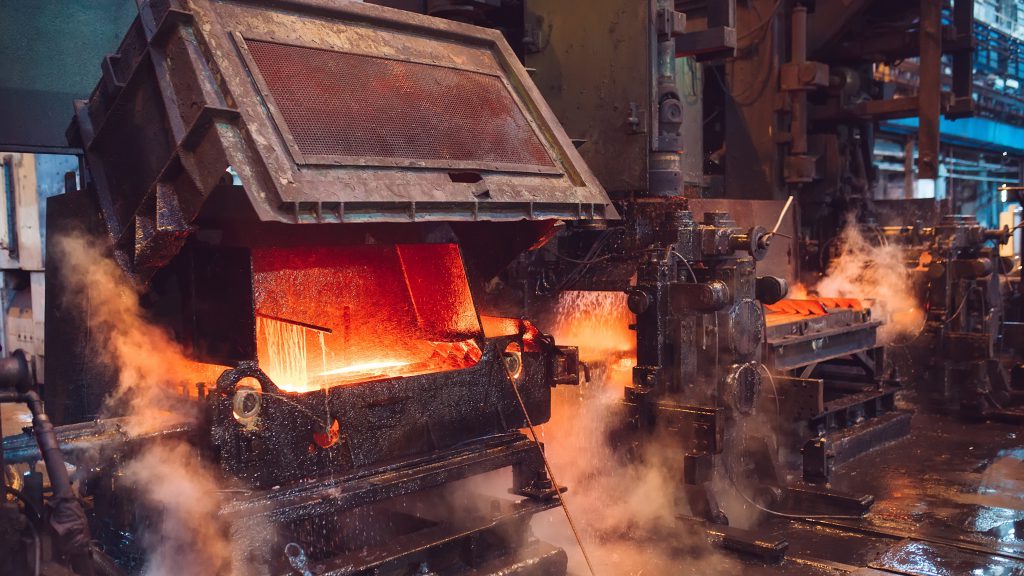Dalian iron ore futures falter after steel output-cut appeal

Iron ore outperformed all commodities in 2020, more than doubling to record highs on strong Chinese steel demand.
Transitioning the Chinese economic to carbon-neutrality within a few decades could cost $5.5-trillion
China, the world’s top steel producer, has been trying to cut its steel capacity but rarely asked producers to slash output.
It has shut 150 million tonnes of annual production capacity during the country’s 13th five-year planning period over 2016-20.
“Output cut can further improve the steel sector’s supply and demand situation… break and ease issues of deformed profits due to high raw material prices,” CITIC Securities told Reuters.
Reasonable control of steel production can safeguard profit margins of mills and prevent high prices from getting transferred to the downstream sectors, it added.
The most-traded iron ore futures on the Dalian Commodity Exchange, for May delivery, closed down 3.5% to 984 yuan ($150.65) a tonne, the lowest in nearly three weeks. It plunged as much as 5.9% to 959 yuan a tonne during the session.
Futures prices of other key steelmaking ingredients also declined in early trade.
Coking coal futures were down 3.3% to 1,641 yuan per tonne, after shedding 4.7% in early trade. Dalian coke futures slipped 0.1% to 2,822 yuan a tonne.
Carbon neutrality
President Xi Jinping’s announced in September that China plans to go carbon-neutral by 2060. The country is the world’s largest energy user and greenhouse gas emitter, mines and burns half the world’s coal, and is the top importer of oil and natural gas.
Transitioning the Chinese economic to carbon-neutrality within a few decades could cost $5.5-trillion, Sanford C. Bernstein & Co estimates.
($1 = 6.5248 Chinese yuan)
(With files from Reuters)




